by Chris Field, Mercy Project Founder and CEO
I’ve read hundreds of books in my lifetime. None have impacted the direction of my life like the one I read in May 2009. It was called “Jantsen’s Gift,” and it told the story of children in Ghana, Africa, who worked all day on fishing boats. As soon as I read the book, I was agonizingly uncomfortable with the truth it illuminated. Kids as slaves? Parents so poor and desperate they felt compelled to sell their children? I couldn’t wrap my mind around it, but I knew I could not walk away. I immediately Googled the author’s name and called her. Ninety days later, I stepped off an airplane and onto the ground of Ghana, Africa.
On that trip, I began meeting the young boys and girls who spent their long days on rickety wooden fishing boats. They were children in age and size, but had hands like an old farmer. Swollen and calloused hands that had already held more than a lifetime of fishing nets, paddles, and hooks. Hands that were soon wrapped around my heart, with no intention of letting go.
I spent that first trip soaking it all in and doing my best to hold it together. I was simultaneously captivated and being broken. At no point was that more true than in the story of Tomas.
Tomas was a little boy, around nine years old, whose village we visited near the end of the trip. The group leader with whom I had traveled, was trying to negotiate with Tomas’ master for his release, which left Tomas and me sitting alone for an hour. We couldn’t talk — not with words anyway — but we didn’t need to. He was hoping for the best. I was too. He reached over and took my hand and held it like only a desperate child daring to dream of a different future would do. I’ll spare you the play by play, and I’m honestly not even sure what happened, but the negotiations broke down. Tomas wasn’t going anywhere that day — maybe not ever. We turned to leave with many of the village children following us, as we walked back to our boat. I couldn’t find Tomas. I looked back to where we had been sitting and finally saw him. His head leaned against a wooden pole, and the look in his eyes haunts me to this day. His empty eyes said, “Of course it didn’t work. Why did I ever expect anything else? I’ll be here, working, forever.” I turned away quickly so no one would see my tears.
I returned home just a few days later and remember sitting on the couch talking with my wife, Stacey, about the trip. She was six months pregnant with our first child, a little girl; and we had recently decided we would name her Micah. Her name comes from one of our favorite verses in the Bible, Micah 6:8, which basically says, “What does God want you to do? Act with justice, love mercy, and walk with him.” I remember looking at my wife’s growing belly and thinking, “How could I ever ask this child to act with justice and love mercy if I’m not willing to do the same?” The answer soon became clear: we could not do that; we would not do that. We soon began a new non-profit organization named Mercy Project.
It wasn’t long until I quit my job as a pastor and began working as Mercy Project’s lone employee. My wife and I moved back to our hometown of College Station with our 9 month old, our dog, and a big dream of changing the world. That was four and a half years ago.
Over the last four and a half years, Mercy Project has had the distinct privilege of walking alongside the beautiful people of Ghana. Do you remember the old proverb about giving a man a fish versus teaching him to fish? Mercy Project has entered into these fishing villages in Ghana — villages that utilize the labor of trafficked children — and literally taught the people there a new and better way to fish. This new method (called aquaculture or cage fishing) effectively replaces the labor of the children — allowing the village to voluntarily release them to be reintegrated back into their families. As of today, Mercy Project has been able to rescue nearly 70 of these children. By the end of 2015, all of these children will have been reunited with their families and attending school, many for the first time. After reintegration, we continue walking alongside the children and their families to make sure the kids are never trafficked again.
Over this same time, we’ve grown and now have a staff of 17 people, more than half of whom work directly on our projects on the ground in Ghana. This includes two American families who are missionaries living in rural Ghana in a small village that has had electricity for less than a decade. This isn’t traditional missionary work. They are building relationships, teaching innovative and valuable ways to work, and modeling a new way of life. As The Message says of God in John 1:14, they too have “wrapped themselves in flesh and blood and moved into their neighborhood.” It’s a beautiful witness and reminder of the way God moved into our neighborhoods, to walk alongside of us, to teach us a better way to live. It’s not easy, but we can’t imagine doing it any other way. This is the kingdom come for which Jesus taught us to pray in the Lord’s Prayer. We get to see it every day, as formerly trafficked children run and play again, and the fishermen who owned them are empowered to work in ways in which they can now take pride.
Our goals for the next five years are lofty. We want to bring new businesses to Ghana: a fish hatchery, cold stores to sell the harvested fish, and a factory to make our own fish food. All of these businesses would employ and empower Ghanaians. Most importantly, our goal is to rescue 1,000 children and reintegrate them back into their families. We want to love the fishermen, the children, and their families with the love of Jesus. To bless them, challenge them, encourage them, and walk with them. We want to do life with them in a way that changes all of us forever. Thankfully, it’s happening already.
This community has embraced us and our little dream in beautiful ways. We’ve started fundraising events like the Baylor Scott & White B/CS Marathon, Red Carpet Casino Night, Mommy/Son Dig Day, and more. We’ve written a children’s book, which we’ve been able to share with thousands of local children in schools across town. Many of you have even invited us into your churches and homes to tell this story. Thank you. Please believe us when we say we couldn’t do this without you. Your support is a gift of grace and love. Let’s keep working together for freedom.
“What does the Lord require of you? To act justly, love mercy, and walk humbly with him.” It begins with a single step. God, give us the courage to take it together.
Chris Field is the Founder and CEO of Mercy Project. He and his wife, Stacey, live with their four children in College Station. For more information about Mercy Project, or to get involved, visit www.mercyproject.net.
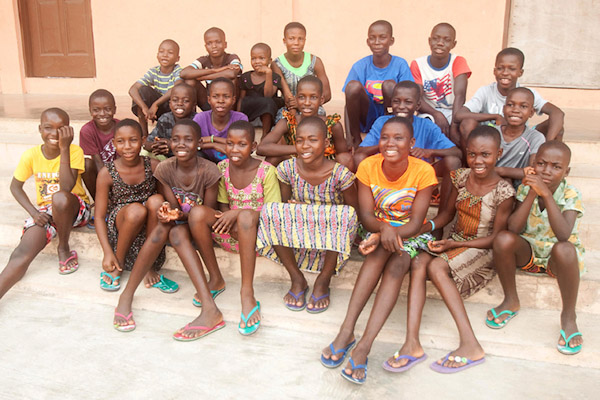
Mercy Project’s second rescue group from Sabonjeda
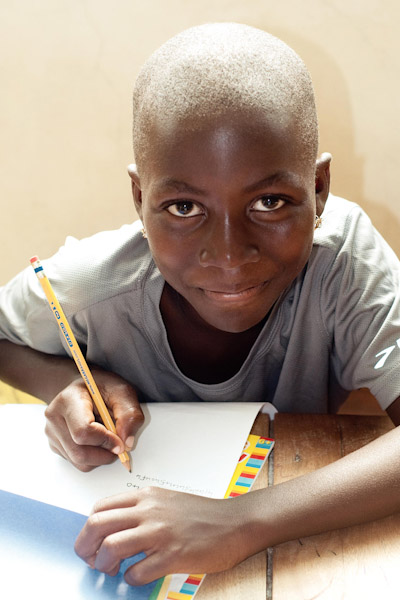
Yesu, a formerly trafficked girl practicing handwriting
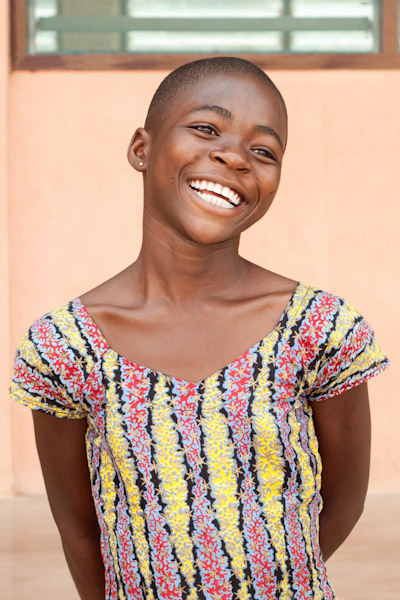
Afia, a formerly trafficked girl from the village of Sabonjeda
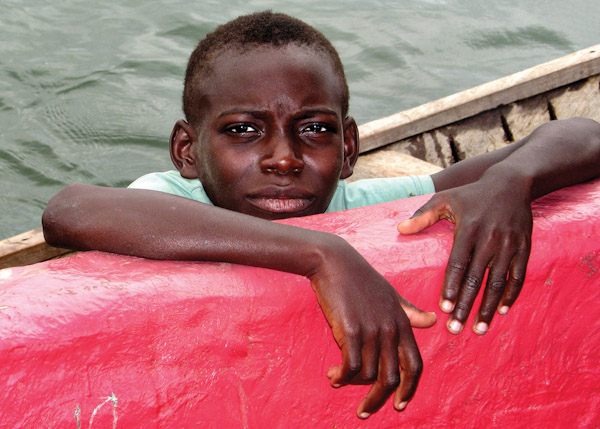
Tomas, the boy Chris met in Ghana in 2009 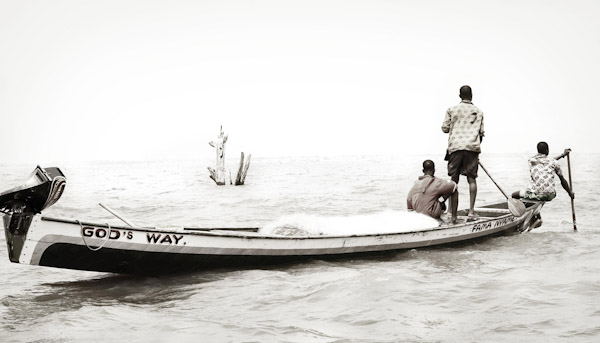
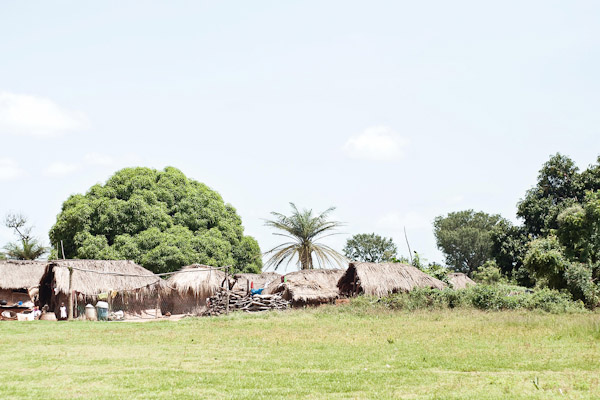
Mercy Project’s second partner village Sabonjeda
You must be logged in to post a comment.